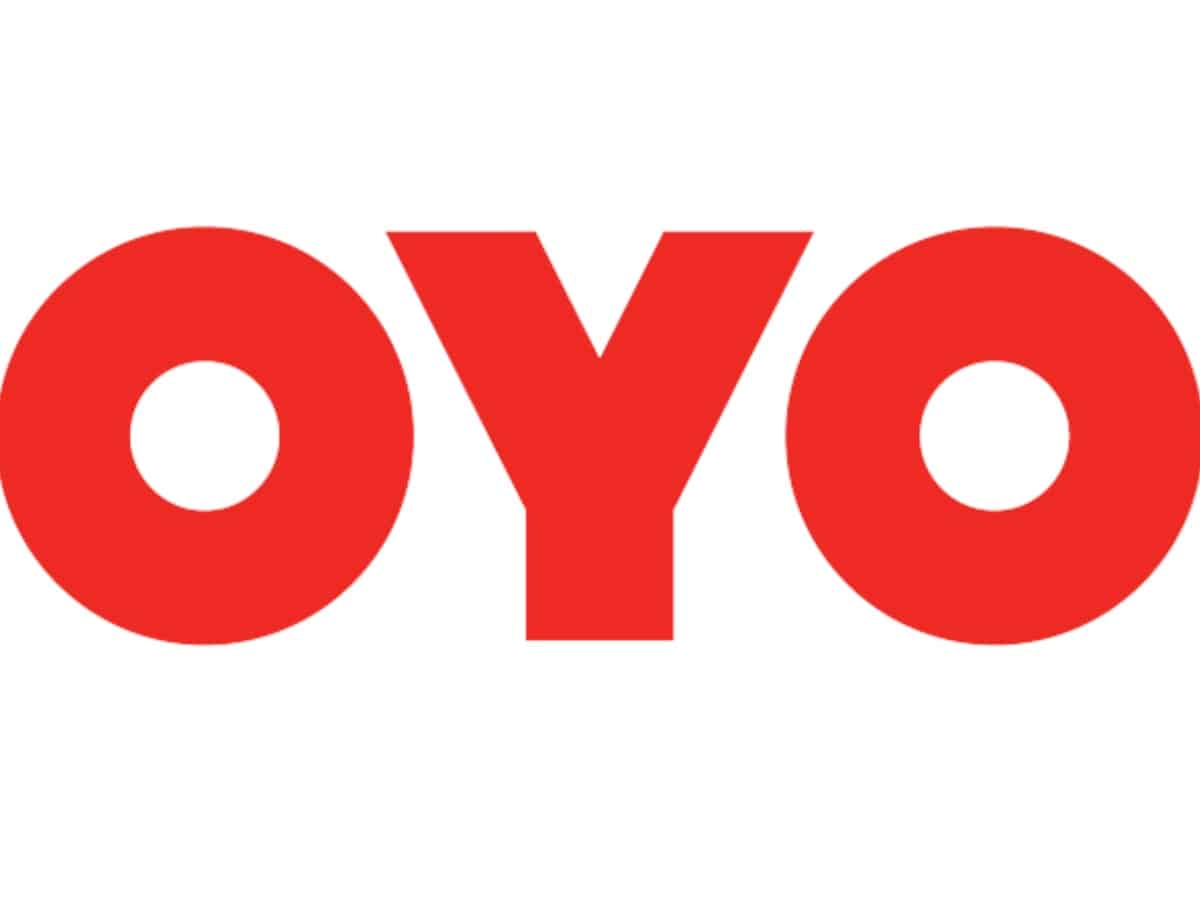NEW DELHI: Hospitality major OYO that announced furloughs or temporary leaves for its employees in the US in April has now confirmed that “large majority” of them would be laid off with stock options.
In a leaked email accessed by Skift, OYO Chief Operating Officer Abhinav Sinha said that owing to the pandemic, OYO US would not be in a position to create opportunities for a large majority of the ‘OYOpreneurs’ currently on furlough.
“This means it is likely that we will have to part ways many ‘OYOprepenurs’ when this period of furlough ends. For all employees currently on furlough, OYO is providing each of you with a stock ownership opportunity; and retaining an outplacement assistance firm, whose services will be available to you immediately,” Sinha wrote in the email sent this week.
In April, OYO Founder and Group CEO Ritesh Agarwal announced furloughs or temporary leaves of 60-90 days for its employees in the US and select other international markets.
Sinha said any employee who OYO cannot return to work from the furlough will be eligible for extended health care and other separation support, which will be shared at the time each impacted individual is notified.
He informed that OYO’s global business is operating at nearly 30 per cent of pre-COVID-19 revenue levels, with India finally starting to move up in occupancy from lows of 6-7 per cent in the beginning of June.
“While we still remain optimistic about our long term recovery and our prospects in each geography, it is also very clear to us now that the path to full recovery for OYO global will last well into the second half of 2021,” wrote Sinha.
OYO in April announced a reduction in salary of 25 per cent for all its employees in India for April-July 2020 and sent some employees on a leave starting May 4, whereby they would get limited benefits.
Sinha said that the US business is showing positive signs of recovery and the occupancy is now touching 30 per cent levels.
“That said, US revenue is still 25 per cent below the Jan levels, which for a high growth geography does set us back significantly,” he said.
“We knew this crisis was real and could take time, but we were hopeful that we could leverage our global resources to re engage after the furlough. However, the reality is, the impact on our business has been deeper, and the recovery has been slower than what we had anticipated,” Sinha added.

